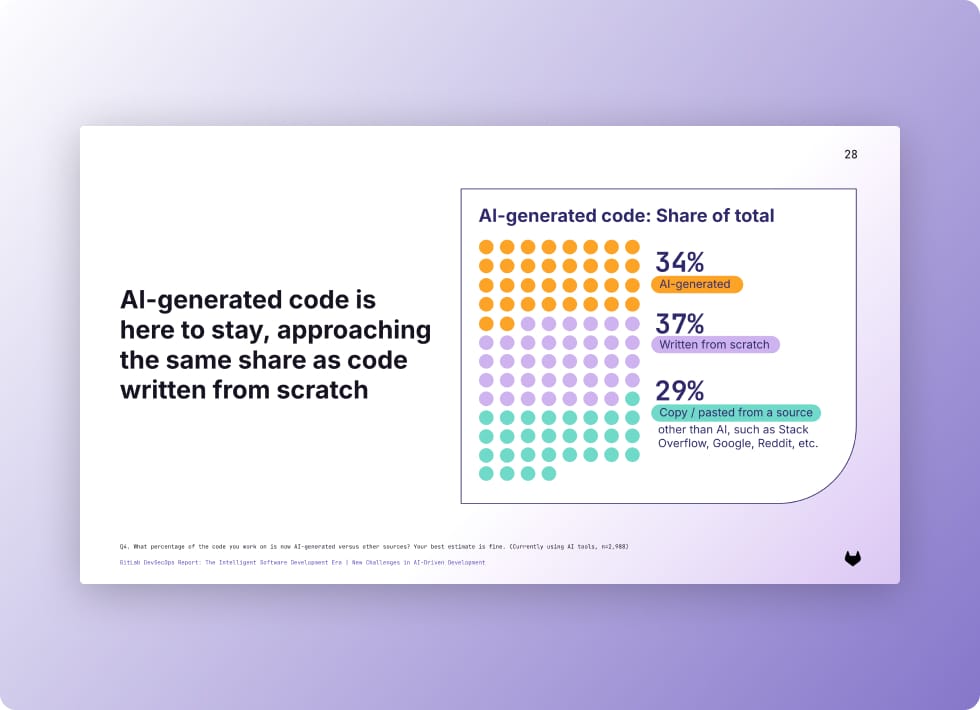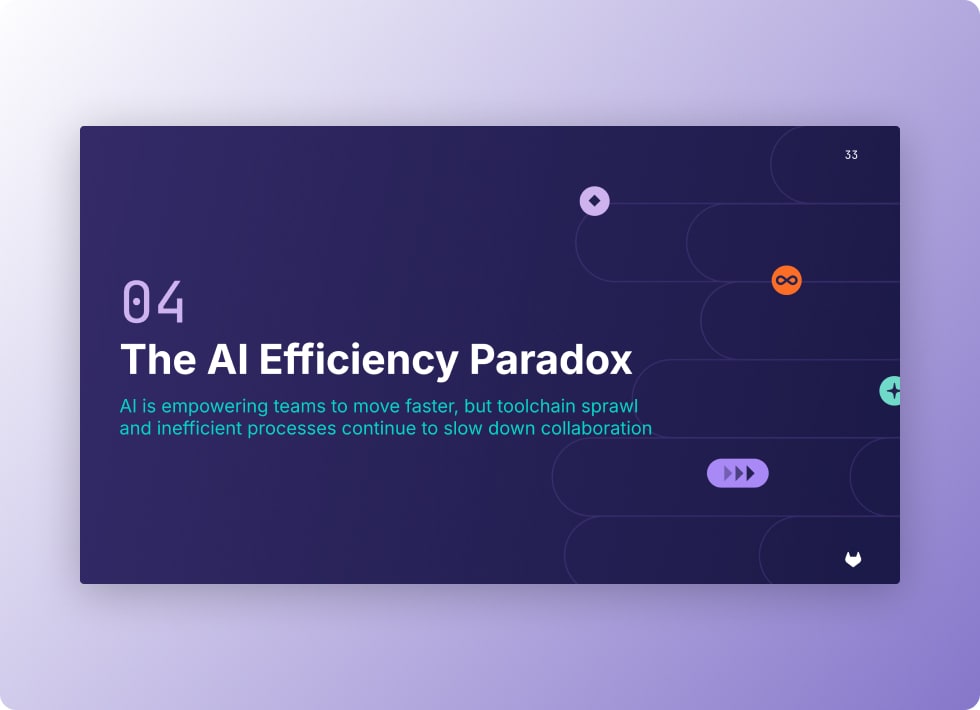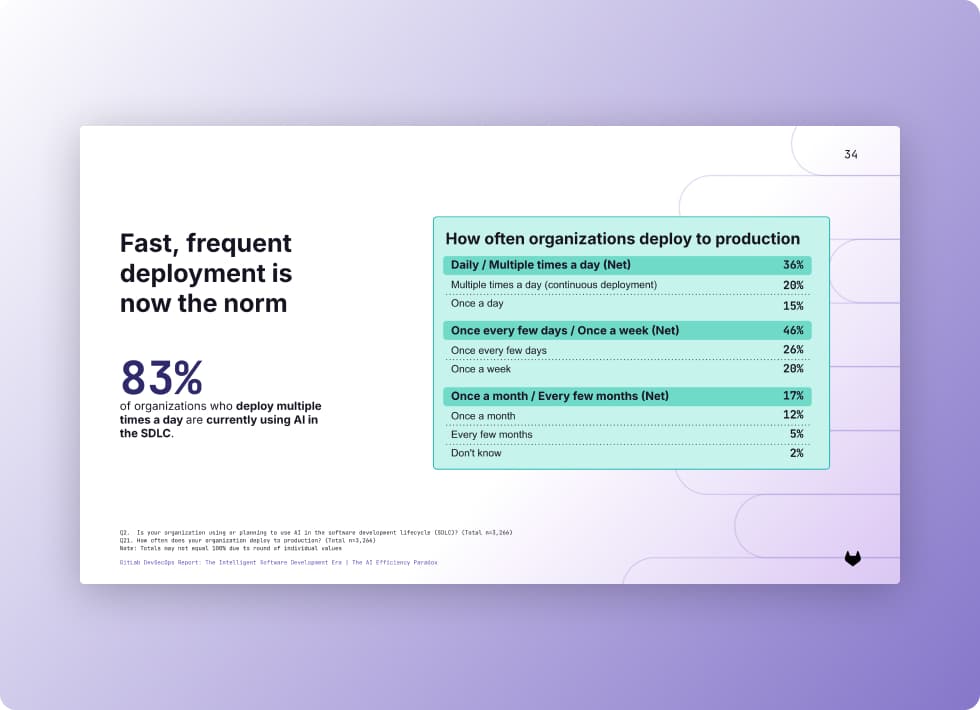Research Report




The Intelligent Software Development Era.
A global survey of 3,000+ DevSecOps practitioners reveals the skills, tools, and strategies that can make or break a team’s ability to deliver more secure software faster with AI in 2026 and beyond.





The 9th annual Global DevSecOps Survey takes a close look at how AI will redefine DevSecOps in 2026 and beyond. How are the roles of DevSecOps professionals changing? What skills should they be honing? What is the current split between human and AI contributions in software development — and what do teams want it to be? See what we learned from surveying 3,266 DevSecOps professionals across the world and various industries.
Get the report
All fields required